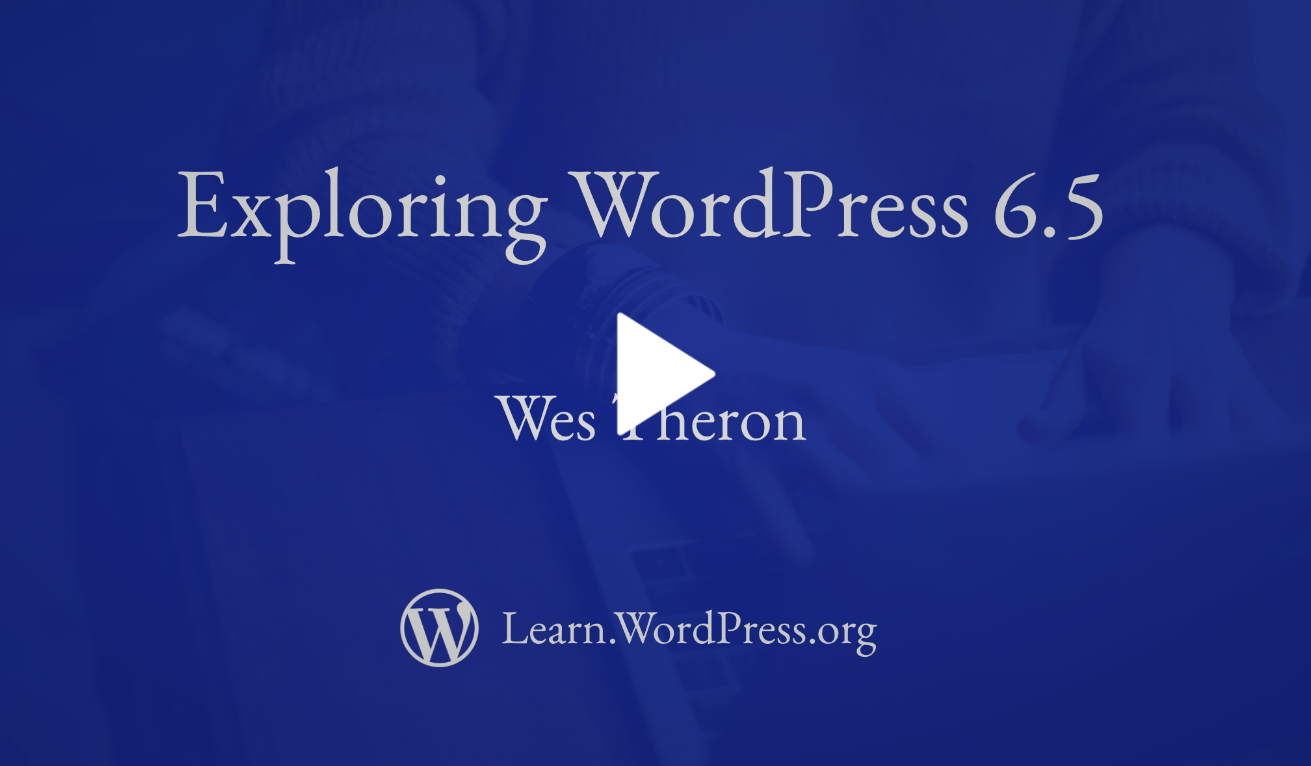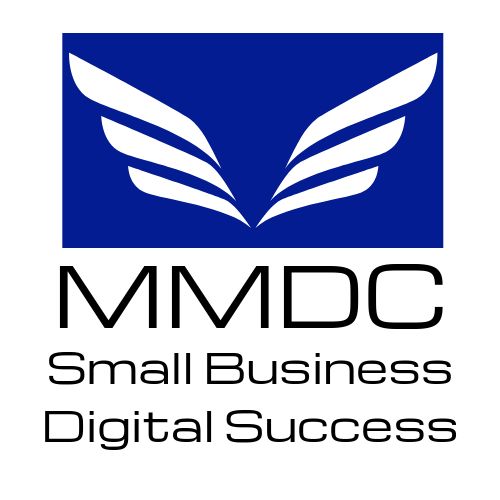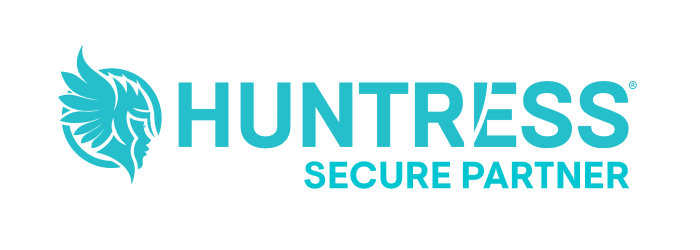Navigating the Pros and Cons of the WordPress Platform
Discover the Benefits and Challenges of WordPress Website Development

WordPress has emerged as one of the most popular platforms for website development, powering millions of websites across the globe. With its user-friendly interface, extensive customization options, and vast plugin ecosystem, WordPress offers numerous benefits for businesses looking to establish an online presence. However, like any platform, it also has its own pros and cons. Let’s delve into the advantages and challenges of WordPress website development.
Pros:
- User-Friendly Interface: One of WordPress's primary advantages is its intuitive and user-friendly interface, which makes it accessible to users with varying levels of technical expertise. With its simple dashboard and drag-and-drop functionality, WordPress allows users to easily create and manage content without the need for extensive coding knowledge.
- Extensive Customization Options: WordPress offers a wide range of themes and plugins that enable businesses to customize their websites according to their specific needs and branding preferences. WordPress provides flexibility and scalability to accommodate diverse business requirements, from design elements to functionality enhancements.
- Vast Plugin Ecosystem: The WordPress plugin ecosystem is vast and diverse, offering thousands of plugins that extend the platform’s functionality and add new website features. Whether it’s SEO optimization, e-commerce integration, or social media integration, businesses can find plugins to meet virtually any need, enhancing the performance and capabilities of their WordPress websites.
- SEO-Friendly: WordPress is inherently SEO-friendly, with features such as clean code structure, customizable permalinks, and built-in SEO optimization tools. Additionally, various SEO plugins are available to help businesses optimize their content, meta tags, and site structure for better search engine visibility and rankings.
Cons:
- Security Vulnerabilities: As one of the most widely used website platforms, WordPress is a common target for hackers and cyber threats. Security vulnerabilities in plugins, themes, or the WordPress core itself can expose websites to security risks, potentially leading to data breaches or website downtime. Regular security updates and vigilant monitoring are essential to mitigate these risks.
- Performance and Scalability Issues: While WordPress offers flexibility and customization options, it may not always be the best choice for large-scale websites with high traffic volumes. As websites grow in complexity and size, performance and scalability issues may arise, leading to slower loading times, downtime, or resource limitations. Businesses must carefully assess their scalability needs and consider alternative solutions if necessary.
- Maintenance and Updates: WordPress websites require regular maintenance and updates to ensure optimal performance, security, and compatibility with the latest software versions. This includes updating plugins, themes, and the WordPress core and performing regular backups and security checks. Failure to keep the website up-to-date can leave it vulnerable to security threats and compatibility issues.
- Learning Curve for Customization: While WordPress offers extensive customization options, achieving certain design or functionality goals may require a deeper understanding of WordPress coding languages such as PHP, HTML, and CSS. For businesses with limited technical expertise, customization tasks may be challenging or require outsourcing to developers, leading to additional costs and complexity.
As you might have concluded, the WordPress platform has many pros and cons, but so do the other alternative web development tools. When selecting a web development tool, there is no one-size-fits-all solution. It is important to consider your budget and resources, skills and experience, goals and requirements, and preferences and style.












